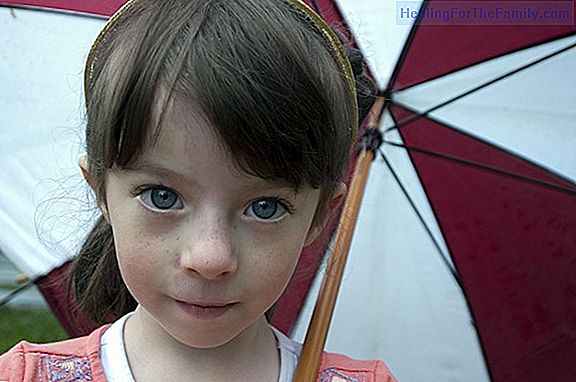The role of the school for the adopted child
When a child is given up for adoption, it always goes through a process of mating and a first stage in which the bond with their new parents must be strengthened. This stage is not the same in all children and it will not last as long as it depends on the age of your child, the conditions in which t
When a child is given up for adoption, it always goes through a process of mating and a first stage in which the bond with their new parents must be strengthened. This stage is not the same in all children and it will not last as long as it depends on the age of your child, the conditions in which the adoption was given and the previous history of both the child and you as a mother or father.
But what we do know is that for the incorporation to the school to be successful, your child must have a stable and secure affective bond with his new family, so it should not matter that the incorporation into school is delayed the time that is convenient passing it to a second plane. Which is the reason?
The escoralization of the adopted child

Think that your child comes from a breakup, an abandonment, a change from which he does not understand many things. All this generates insecurity. Start trusting you, you are your reference figure, and suddenly you leave him at school for 5 hours alone, with people he does not know. For a child 5 hours is a lot of time and you may not understand what you do on that site either.
All those insecurities will block your learning ability because you will be scared and thinking more about how to survive, than what you will try to teach. Prevent your child from going to school as a new dropout by working on a progressive incorporation once the child is clear that you will always go back to look for him to take home and that your teacher and the staff of the center are people you trust.
It does not matter if your child has to repeat the course at the beginning of school
Another very important element for schooling is that the child joins the academic course that corresponds to their abilities and not only by chronological age. A child who is given up for adoption will almost certainly have some type of maturational delay in comparison with their peers because the feeding and the first care, we refer to from the pregnancy itself, have not been adequate. If this first care and the first stimulation has not been correct, your child will not have a good base to follow the classes and the contents that he is trying to teach.
Sometimes learning problems arise whose cause you do not know and that it is easy to disguise and confuse with lack of attention, interest or effort, which will generate a lot of frustration in the parents and in the child who will frontally reject everything related to school.
Communication between adoptive parents and the child's school
It is important to talk to the school and teachers sin (without giving many details) of your child's peculiar situation so that they take it into account because they often do not know how to act. An adopted child usually responds very positively to the recognition of their effort and achievements but presents a great impassivity (external rather than internal) to punishment. Their emotional needs that have been so neglected in the first stage make the emotional bond that is established with the tutor is key for the child to be interested in following the classes and learn because their low self-esteem makes them afraid to face the new challenges for fear that they will become new failures.












